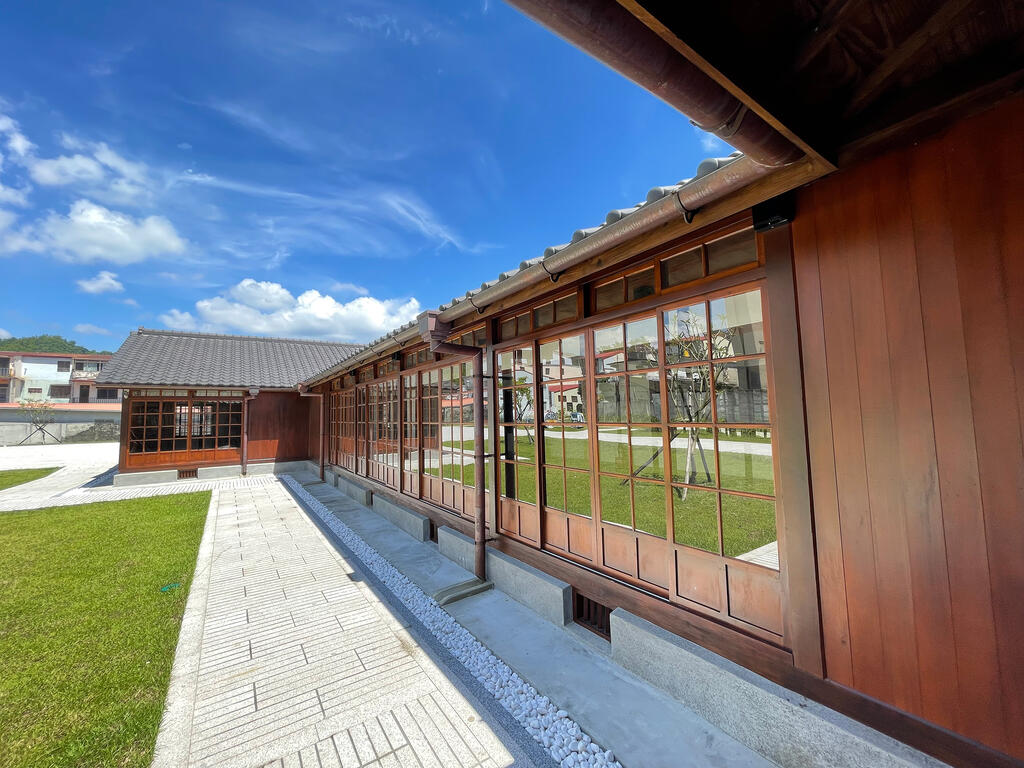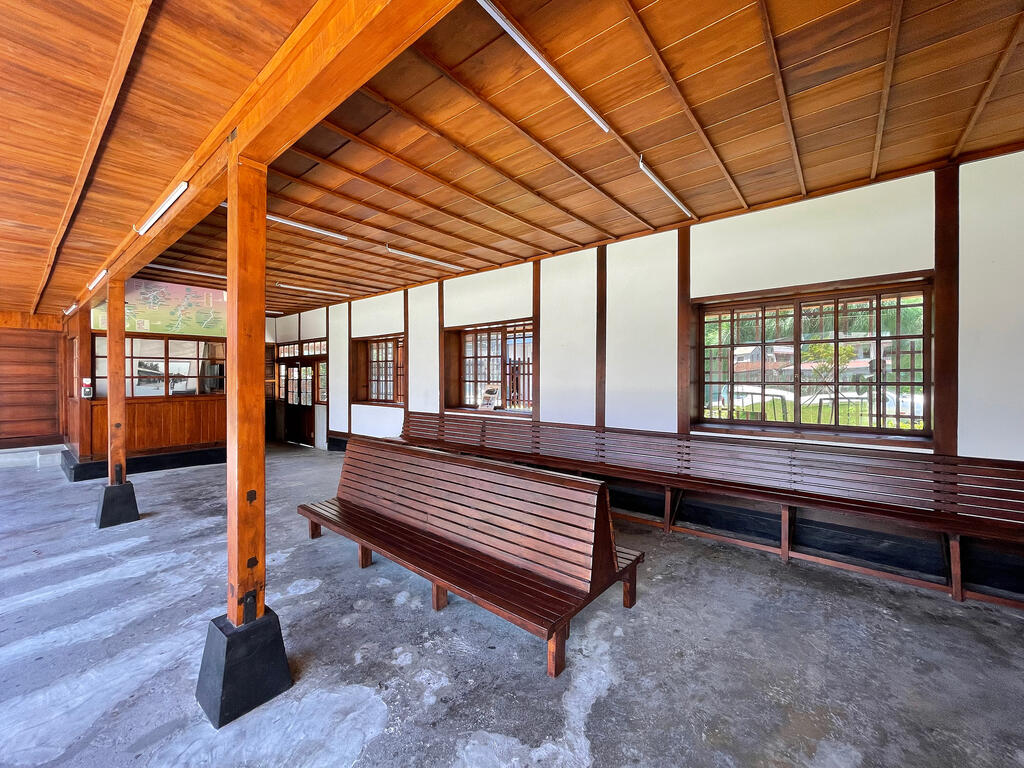池田屋
更新しました:2025-07-23
 4.2
4.2人気
2057- 宗教古蹟
高雄県六亀区華南街30号に位置する池田屋は、高雄客運の旧六亀バス停です。その前身はかつて日本人の池田兵太郎が経営していた旅館で、池田屋と呼ばれていました。後にバス事業所高雄客運に売却された池田屋は、新たに六亀バス停留所となり、六亀区、茂林区、桃源区など山間部の住民と他地域を結ぶ、交通の中核ターミナルとしての役割を担っていました。
池田屋は3棟からなる平屋建てコの字型の構造で、現在もレイアウトは建築当時の設計のまま、部屋の内装や設備もそのまま残してある、あまり見られない日本式旅館スタイルの建物で、2003年には歴史的建造物に登録されています。歴史文化の保存を通して、この古い和風建造物は当時の物語を再現し、かつての栄華の様子を人々に語りかけてきます。
1時間ほど滞在して、建物とその周りで記念写真を撮ったり、壁のパネルの解説や古い展示写真から、歴史の変遷に思いを馳せてみることをお薦めします。
観光スポット情報
アクセス方法

